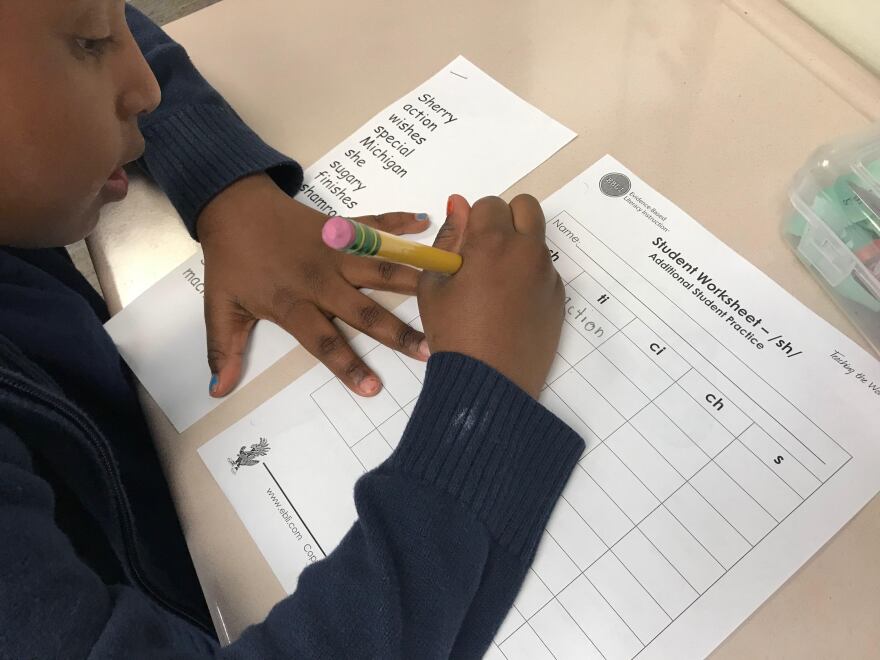Allegheny County Executive Rich Fitzgerald says he supports creating a department dedicated to programs for children who aren’t being served by the county.
But, funding the department remains an open question.
Fitzgerald assembled a working group earlier this year tasked with designing the operation of a possible children’s fund. It would provide resources to early learning and out-of-school-time programs across the county. The group gathered input from the community for more than six months to assess the need for additional funding. It created conceptual budgets for a department that would operate with budgets of $5, $10 and $20 million annually.
Fitzgerald reviewed the committee’s final report this week. It found significant gaps in equitable access to programs and recommends the county create a new department. According to the report, a $20 million budget would allow the department to provide quality early learning for 900 kids and after-school programming for 1,500.
“This is a much more comprehensive set of services and educational opportunities that aren’t really there as comprehensively as they could be,” Fitzgerald said.
Co-chair Trisha Gadson said a children’s fund that focuses on quality and equity “can further support the economic viability of our region.”
Pennsylvania is one of 10 states in which concentrated childhood poverty has grown in the last decade, according to a recent Annie E Casey Foundation report. The research showed 12 percent of children in the state live in concentrated poverty, which is defined as a neighborhood where 30 percent or more of the populations lives in poverty.
Fitzgerald said the working group’s report affirms the need for more interventions. But now he has to find a way to fund them.
Voters last November narrowly rejected a Children’s Fund referendum that would have raised property taxes and used the additional money to support programs. According to Fitzgerald, that result takes property taxes off the table.
He said the next step is to seek input and support from philanthropic organizations and corporate groups.
“I mean, lots of us would like to see lots of programs, if we thought they were free. But the reality is if we think this is something that's important, then what are we willing to do as a community to help pay for it?” he said.
He also says this process could include lobbying Harrisburg for another funding stream outside of property taxes.




